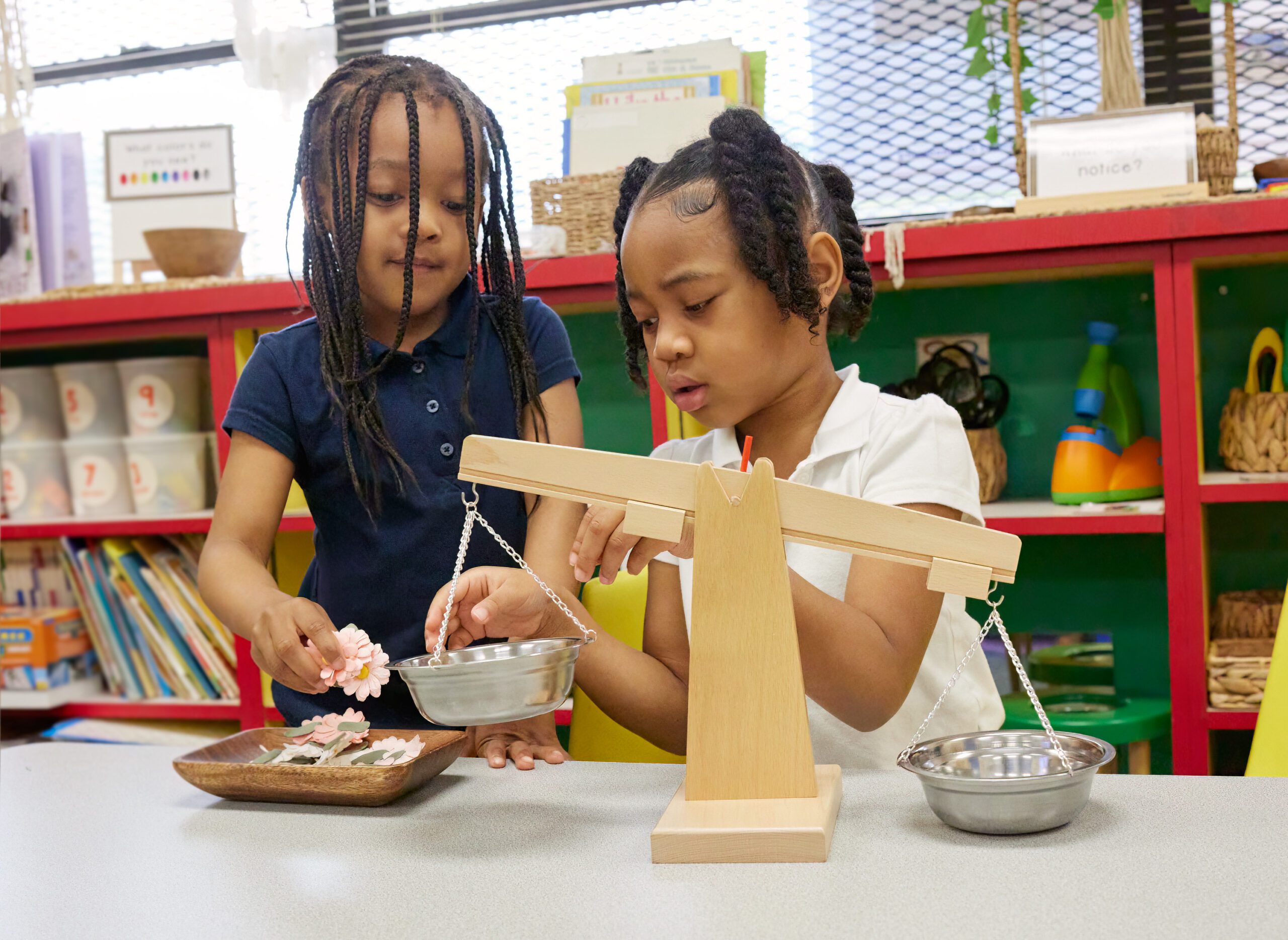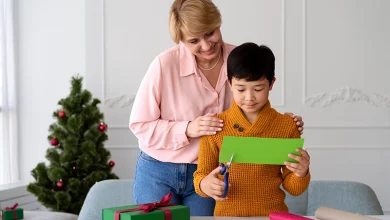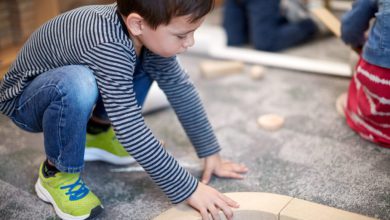Ten Things to Look for When Selecting a Pre-K Curriculum

The year before kindergarten is known by a variety of names. But regardless of what you call it—pre-K, pre-K4, pre-kindergarten for 4-year-olds, preschool, or junior kindergarten—the educational experience provided during this time is a unique and important one.
Because children in pre-K are different from both younger and older children, they need and deserve a pre-K curriculum that’s unique.
What Is a Pre-K Curriculum?
A pre-K curriculum is designed specifically to address the unique strengths, needs, and interests of four-year-olds and for this specific time in their education journey.
Children in pre-K are typically eager to take on tasks with increased independence, but they still need the guidance and comfort of trusted adults and the reassurance that comes with belonging to a collaborative, caring classroom community. They are ready to tackle new skills, but they are still active young children who learn best through play-based, hands-on experiences.
These seemingly contradictory conditions present a hearty challenge when considering which curriculum will best serve the purposes of pre-K.
In short, a pre-K curriculum has a big job to do, which is why we’ve crafted a list of ten attributes to look for when choosing a curriculum for your pre-K program.
What to Look for in a Pre-K Curriculum
To support your teachers as they help children and families make the most of the year before kindergarten, look for a pre-K curriculum with the following characteristics.
- Grounded in a solid base of research in whole-child development theory and practice, including the scholarly research demonstrating that all aspects of development and learning intertwine and overlap, that children’s skills develop over time, and that their knowledge and abilities can be demonstrated in a variety of ways
- Play-based to capture children’s attention and maintain their engagement through investigation (playing with, asking questions about, experimenting to learn about) of interesting materials
- Provides ongoing support for children’s social–emotional development, social problem solving, and both interdependence and independence, including a special focus on creating classroom community at the beginning of the year and getting ready for kindergarten at the end of year
- Includes explicit instruction for language and literacy that leverages the science of reading research to intentionally promote children’s learning in developmentally appropriate ways, such as engaging children in conversations, guiding meaningful connections with books and stories, promoting functional literacy, offering intentional instruction in discrete skills, and building children’s background knowledge
- Includes explicit instruction in mathematics that leverages the National Council of Teachers of Mathematics standards to intentionally promote children’s mathematics knowledge, skills, and abilities, including the acquisition of process skills such as connecting new learning to prior experiences, problem solving, and organizing information
- Facilitates individualization of learning experiences so that each child’s knowledge and skills can be effectively scaffolded along a developmental continuum spanning the entirety of the early childhood years (birth through third grade)
- Provides multiple ideas for engaging children’s families in ways that are both meaningful for children’s learning and easy for families to implement
- Provides tools and resources for teachers that promote efficiency and simplify planning, assessing children’s learning, and connecting with their families
- Offers a wide range of options for professional development, including implementation guidance and other ongoing professional learning opportunities, available in a variety of formats and designed especially for early childhood educators, regardless of their experience level
- Created by a trusted, respected source in the field of early childhood education that maintains an excellent track record of listening and responding to customers’ needs and ideas, a provider who is a true partner with a long-term focus on supporting your program vs. a vendor with a short-term, transactional outlook
If you agree with us that these are 10 things you should ask of a pre-K curriculum—because they are the things pre-K children and teachers need and deserve—then we’d love for you to take a look at The Creative Curriculum for Pre-K. We think it’s just the thing, for all these things.





